Transforming Opportunities into Great Products
The current business landscape is becoming increasingly competitive, forcing us to take a different approach to how we view products. In a complex and unpredictable world, organizations rise to the occasion when they:
- Apply strategies to design and develop product families on a common platform
- Understand the fundamental principles of product creation
- Leverage digital platforms to grow a loyal user base and drive customer demand
- Have a human-focused approach to problem-solving and decision-making
Product management consists of interdisciplinary responsibilities and draws from a number of essential skills and aptitudes. A successful product manager has three main areas of expertise, including the business processes of planning, developing, launching, and managing a product or service for optimized success.
An online Professional Certificate Program to master all aspects of change
Each product and service has its own set of objectives and challenges which require an innovative and customized approach to its product management. Product management can be described as the intersection of business, user experience, and technology.
This program will train you to deal with complexity, implement technologies and platforms, and design unique solutions that will bring beneficial results in every aspect of the business.

Stay in touch with consumer needs
Define product vision and roadmap
Align and empower the production team
Create a shared product vision with stakeholders
The Learning Journey
In this 9-month online program, participants will fully explore these three courses, plus one elective, to better understand and champion product management.
Designing Product Families: From Strategy to Implementation
Digital Platforms: Designing Two-Sided Markets from APIs to Feature Roadmaps
Designing High Impact Solutions with MITdesignX
Forecasting Technology Innovation: Using Data for Strategic Advantage
The skills you will develop
This program seeks to equip professionals from various industries with the skills and expertise they need to develop product strategy, guide decisions about product features and priorities, and assess product performance to inform future decisions. Manage complexity and design unique solutions beneficial for business.
1.
Develop and understand
your product strategy to align your product with an organizational strategy.
2.
Guide decisions about product features and priorities,
and assess product performance to inform future decisions.
3.
Learn how to design and develop effective digital platforms
in order to build loyal consumer bases and differentiated products.
4.
Learn about the main methods and tools
used in the design of product families and prioritize solutions for complex problems.
5.
Use platforms to identify new market opportunities,
combined with decision-making and project management capabilities.
6.
Understand fundamental principles of product creation,
such as manufacturing decisions, composition, and the design evolution process.
Human Skills
1.
You will understand the context of globalization
to which we are exposed in order to be able to operate in this new culture of innovation.
2.
You will learn to combine technical excellence
with great interpersonal and leadership skills.
In addition, you will receive a Certificate of Completion
All participants who successfully complete the Professional Certificate Program in Product Management will receive an MIT Professional Education Certificate of Completion. In addition, they will also earn * Continuing Education Units (MIT CEUs*).
To obtain CEUs, complete the accreditation confirmation, which is available at the end of the course. CEUs are calculated for each course based on the number of learning hours.
* The Continuing Education Unit (CEU) is defined as 10 contact hours of ongoing learning to indicate the amount of time they have devoted to a non-credit/non-degree professional development program.
To understand whether or not these CEUs may be applied toward professional certification, licensing requirements, or other required training or continuing education hours, please consult your training department or licensing authority directly.
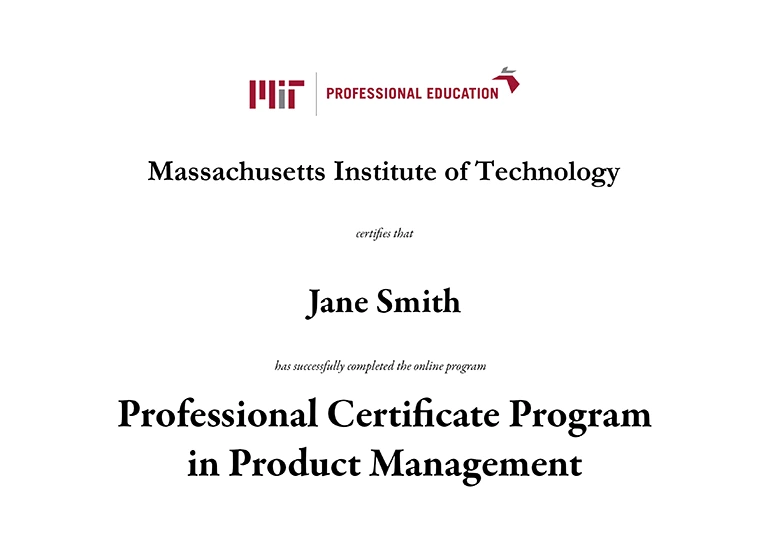
This Professional Certificate Program is aimed at
Executives from various industries, with a background in product management and technology. Its goal is to help these professionals create or position their products, services, and systems, so that they can compete and bring innovation to their sector.
The program is also targeting current managers with strategic product direction who want to upskill and maintain a competitive edge in the rapidly transforming business context. This program is aimed at:
- DIRECTORS AND SENIOR MANAGERS RESPONSIBLE FOR PRODUCT MANAGEMENT
product engineering, innovation, or marketing.
- OWNERS OR CEOS OF TECH STARTUPS
who need a clear roadmap to launch and manage their projects effectively.
- CURRENT PRODUCT LEADERS AND ASPIRING C-SUITE EXECUTIVES
who want to keep up to date on trends in product management and innovation.
- PROFESSIONALS WITH STRONG LEADERSHIP SKILLS
who want to have a powerful impact on the success of their organization’s creative processes.
- SENIOR EXECUTIVES
looking to align product strategy with business strategy and understand the implications of technology for the product portfolio.
Meet the instructors of this program
*Listed in alphabetical order
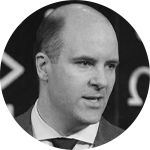
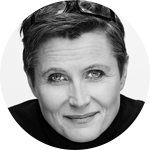
PROGRAMS: Beyond IoT · Smart Manufacturing
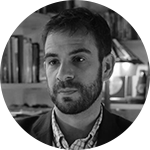
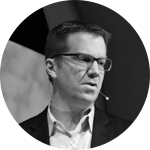

Her models have also been used to inform government innovation policy and applied in diverse industries, including finance, healthcare, manufacturing, software, and consumer products. Trancik’s work has been published in journals such as Nature, Proceedings of the National Academy of Sciences, Nature Energy, Nature Climate Change, and Environmental Science and Technology, and has been featured by news outlets such as The New York Times, The Washington Post, Financial Times, and NPR.
Professor Trancik received her Bachelor of Science from Cornell University and her PhD from the University of Oxford as a Rhodes Scholar.
Trancik develops data-informed models to evaluate the economic and environmental impacts of energy technologies over time and space.
Trancik’s models for forecasting technological change have informed engineering design, public policy, and investment portfolios.

Professor De Weck is a leader in systems engineering research. He focuses on the design of complex man-made systems, such as aircraft, spacecraft, cars, printers and critical infrastructure, and on their evolution. His main focus is on strategic properties that have the potential to maximize life cycle value. Since 2001, his group has developed new methods and quantitative tools that explicitly consider production, flexibility, common features and sustainability, among other characteristics. Professor De Weck’s teaching emphasizes excellence, innovation, and the combination of theory and practice.
PROGRAMS: Designing Product Families
Application Process
Complete the application form and pay the non-refundable fee.
Receive a call for an interview with our admissions team
Our Admission Committee will inform the final decision*. *(2 business days max)